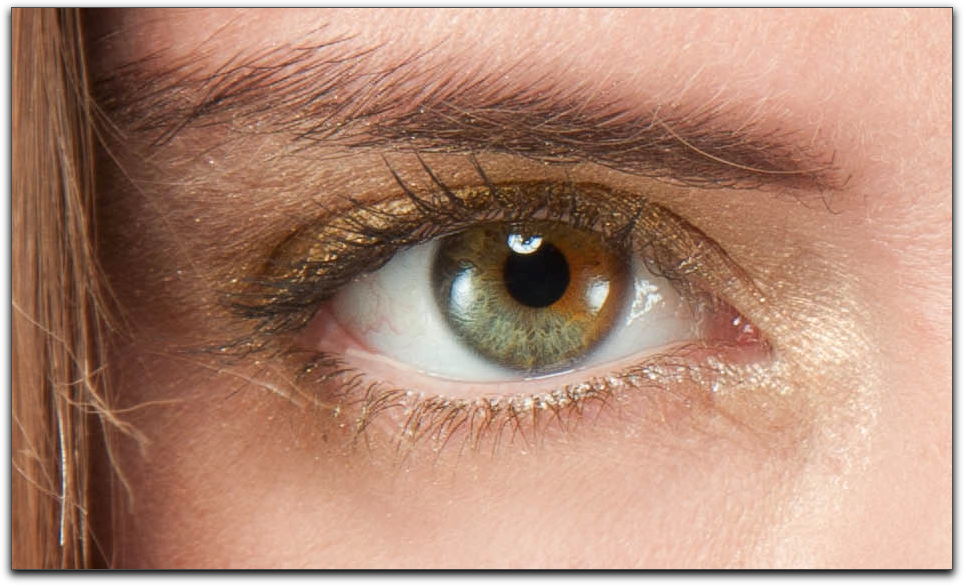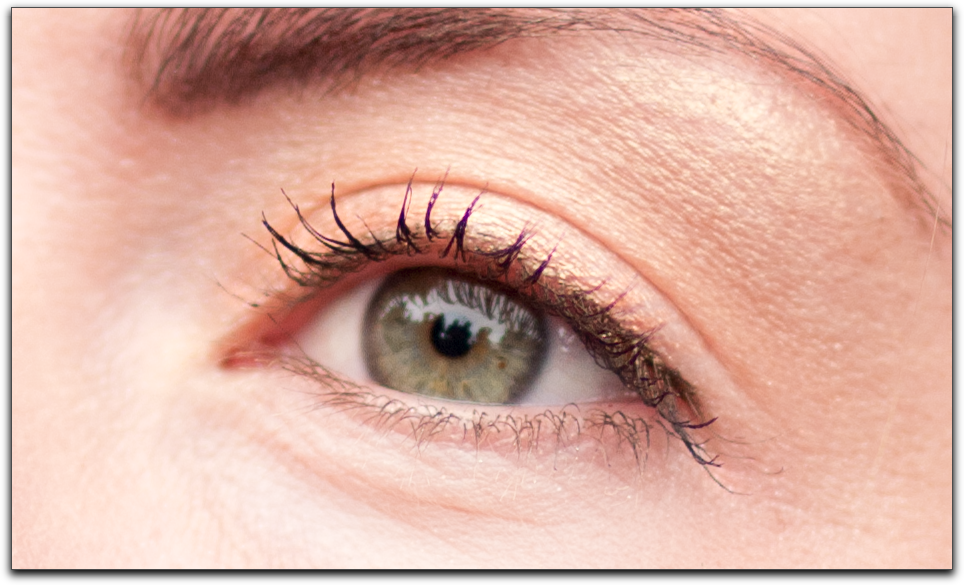Comparing the Canon EF 70-200mm f/2.8L II IS USM against the Sigma 70-200mm f/2.8 APO EX DG HSM OS FLD you will find that the Canon excels in almost every aspect, and the price reflects that.
Sharpness
The Sigma lens provides a very compelling option on a crop sensor camera. It performs well when stopped down to f/4.0 and beyond. The issue is that in wedding photography especially, shooting at f/2.8 or wider is almost always a requirement, especially with the high ISO performance of most crop sensor cameras today. You can shoot a wedding with a f/4.0 lens, especially with IS, but you will find a lower amount of keeper shots, and you will have to really stretch to get some of the images worthy of a wedding album.
On full frame, the lens falls apart at the edges of the aperture and focal length range. Below you will find the full frame comparisons on the Canon 5D Mk II, a camera body that is very much the bread and butter camera body for wedding and portrait photographers. The results at f/2.8 are not very good at all, at either 70mm or 200mm. You will have to stop down to f/5.6 to get excellent results, and f/5.6 in my opinion is not going to be an option for most indoor available light shots.
On a crop sensor camera(7D):
On a full frame camera(5D Mk II):
Bokeh
I am not very happy with the bokeh of the Sigma lens. It gives an almost smeared effect to the bokeh, and I think you will find the same. This page has a comparison of the bokeh on full frame as compared to the Canon lens. Bokeh is very important to wedding photography and portrait images. The fact that you are already using a crop sensor camera, means that you will achieve less bokeh at the same focal lengths and apertures. Less bokeh, and less pleasing bokeh and not really a great combination. You surely will have to supplement this lens with a wider aperture lens such as a f/1.4 to get the amount of bokeh that most professional wedding photographers are achieving commonly. The amount of bokeh is not a disadvantage to the Sigma over the Canon, it should be very similar on both on the same body, but the quality of the bokeh is the concern here. Of note, is that the less then optimal bokeh is more apparent at longer focal lengths.
Other Considerations
The image stabilization is one of the main reasons why one would consider the Sigma lens. As far as its performance as compared to the Canon lens, at least one account considers the Sigma to provide about 3 stops of IS, while many accounts I have read give Canon the full benefit of the 4 stops that they list in the specs. Another user here on Stack exchange in this answer also thinks that the IS is about a stop less in the Sigma implementation as compared to the Canon. Three stops of IS is not a bad thing, and in real world use the difference between the two is not very important.
The Canon lens offers full weather sealing, and the Sigma does not. Weather sealing is a huge deal when you are a wedding photographer. Your current camera body does not offer weather sealing, but this should be a consideration. Do you plan on having an assistant with you whenever the weather turns foul as to protect you and your gear so you can continue shooting? I have had to shoot wedding shots in the rain on many occasions and having gear that is not weather sealed really complicates the situation.
The Canon lens offers better maximum magnifcication and a better minimum focusing distance. The Sigma's minimum focus distance is 1.4m, and the maximum magnification is only 0.13x, compared to Canons 1.2m and .21x. The Canon is not going to be considered a macro lens by any account, but it is better in a pinch. Paired with an extension tube the Canon can achieve .36x which is quite nice if you don't have a macro lens in your bag.
Conclusion
Overall, either lens is generally considered a great lens overall. The Canon provides weather sealing, an added stop of IS, better macro capabilities, more pleasing bokeh, a larger focusing ring, and a focus limiter switch. The Canon also excels in corner sharpness, * especially* on a full frame camera body, and especially at f/4.0 and larger. This in my opinion is the biggest reason that the Canon is better fit for professional wedding photography.
The Sigma is a great value, especially at its current price as compared to its price at introduction. If wedding photography was taken out of the equation, I would almost fully endorse this lens, with the caution around the weather sealing. The fact is, that wedding photography requires in many cases the best equipment, to shoot in very demanding low light situations or wet environments with moving subjects, who will then require images to be printed on canvases and on display at home. With that said, I would either recommend for you the Mark I version of the Canon lens, or the non-IS f/2.8 version.



